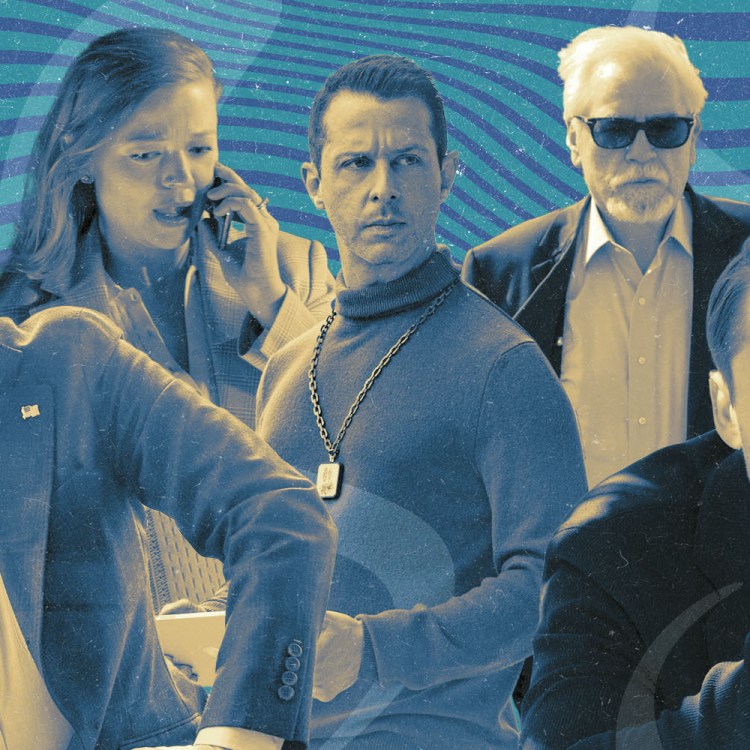This week’s Real Time With Bill Maher began with a comparison of coastal states. Bill Maher took to the stage and opened the show with a discussion of the disastrous flood conditions in Florida. “I’ll say this about California — when the wildfires come, we don’t ride it out,” he said. “We grab our Pelotons and our trophy wives and we get the f*ck out of there, okay?” His review of recent events continued, covering Russia’s annexation of parts of Ukraine and Virginia Thomas’s meeting with the January 6 Commission. Regarding Thomas, Maher was blunt: “There’s conspiracy theorists, and then there’s this lady.”
Towards the end of the monologue, Maher took up the cause of an Apple executive who was fired after he cited a line from the film Arthur in an interview on TikTok. Maher’s argument was that this line was ubiquitous when Arthur was released, which is probably true; the film was, by all accounts, a hit. However, Arthur was also released in the summer of 1981, which might explain why the reference didn’t exactly go over well.
Maher’s first guest was journalist Masih Alinejad, author of the book The Wind in My Hair: My Fight for Freedom in Modern Iran. Maher began by asking Alinejad about the plot to kidnap her, for which several men were convicted last year. The two then discussed the ongoing protests in Iran, and the ways in which they differed — or didn’t differ — from previous protests there. Alinejad made the case that the current protests were of a much grander scale than their predecessors and took on a more existential status.
It made for a wide-ranging conversation, though it took some unexpected detours — including Alinejad sharing a time she had had an unproductive exchange with Rep. Ilhan Omar.
Van Jones and Caitlin Flanagan — both frequent guests on the show — comprised the panel. “I’m trying to find some hope in the world,” Maher said — and pointed out that the Biden administration’s handling of Hurricane Ian, and their ability to work with Ron DeSantis’s administration in Florida, gave him some grounds for enthusiasm there.
Jones made a worrying observation about voters in various countries recently opting for what he dubbed “the scary outsider,” something that he worried could recur in the 2024 U.S. election. This prompted a broader look at the ups and downs of the Biden administration to date, and whether or not the same Democratic ticket that ran in 2020 would return for 2024.
There was a point in there where Flanagan went on a long digression about coverage of the Biden administration in the media versus coverage of controversies about banning books in school libraries, which kept circling back around on itself. Eventually Flanagan made her point, and Maher shifted directions to address the launch of a new dating app for conservatives.
The general mood was that of a slightly buzzed dinner party, albeit one where some of the biggest questions facing the nation (and the world) were discussed. And in the second half of the discussion, topics came fast and furious, from the documentary Deconstructing Karen to whether or not a recent article in The Atlantic explained the Democratic Party’s woes. Jones often opted for the most inclusive route and language, which culminated in an extended metaphor about buddy comedies.
New Rules opened with bits about defenestration, streaming series on cannibals and King Charles Spaniels. The bulk of the segment found Maher calling for “an adult review of our war on office romances.” Maher cited the case of Ime Udoka’s suspension, but pointed out that not all of the facts of his case had been revealed — and given that the latest development in the story broke earlier this evening, it’s unclear how that might affect Maher’s thesis.
The bulk of his argument, though, came from the observation that workplaces are some of the only locations where people can meet other people. He went on to criticize workplaces that refuse to let “grownups make decisions about their bodies without getting corporate involved.” Maher went on to cite other high-profile examples of workplace relationships that have been in the news lately, from Jeff Zucker to Olivia Wilde, to make the case against policing inter-office relationships.
“There is a loneliness epidemic out there,” Maher said — one that he tied to the inability of many people to make connections, and one which he argued might be addressed in part by relaxing prohibitions on workplace relationships. Maher’s concerns about loneliness and its adverse effects hit home, though he saved the biggest kicker for the end of his monologue. The Celtics, he pointed out, had replaced the suspended Udoka with an interim coach who was once arrested for domestic battery — something that seems much more damning than a consensual relationship.
Alinejad joined Jones and Flanagan for Overtime, which covered a wide range of subjects, including the state of education in the United States and whether or not the U.S. should proceed on a nuclear deal with Iran. To the latter, Alinejad argued that they should not; Maher made the case for greater diplomacy in order to effect change down the line.
Like the episode as a whole, the segment touched on a variety of subjects and covered a lot of thematic ground. Did it resonate as deeply as some other episodes’ Overtimes have? No — but it still left viewers with a lot to think about.
Thanks for reading InsideHook. Sign up for our daily newsletter and be in the know.


















